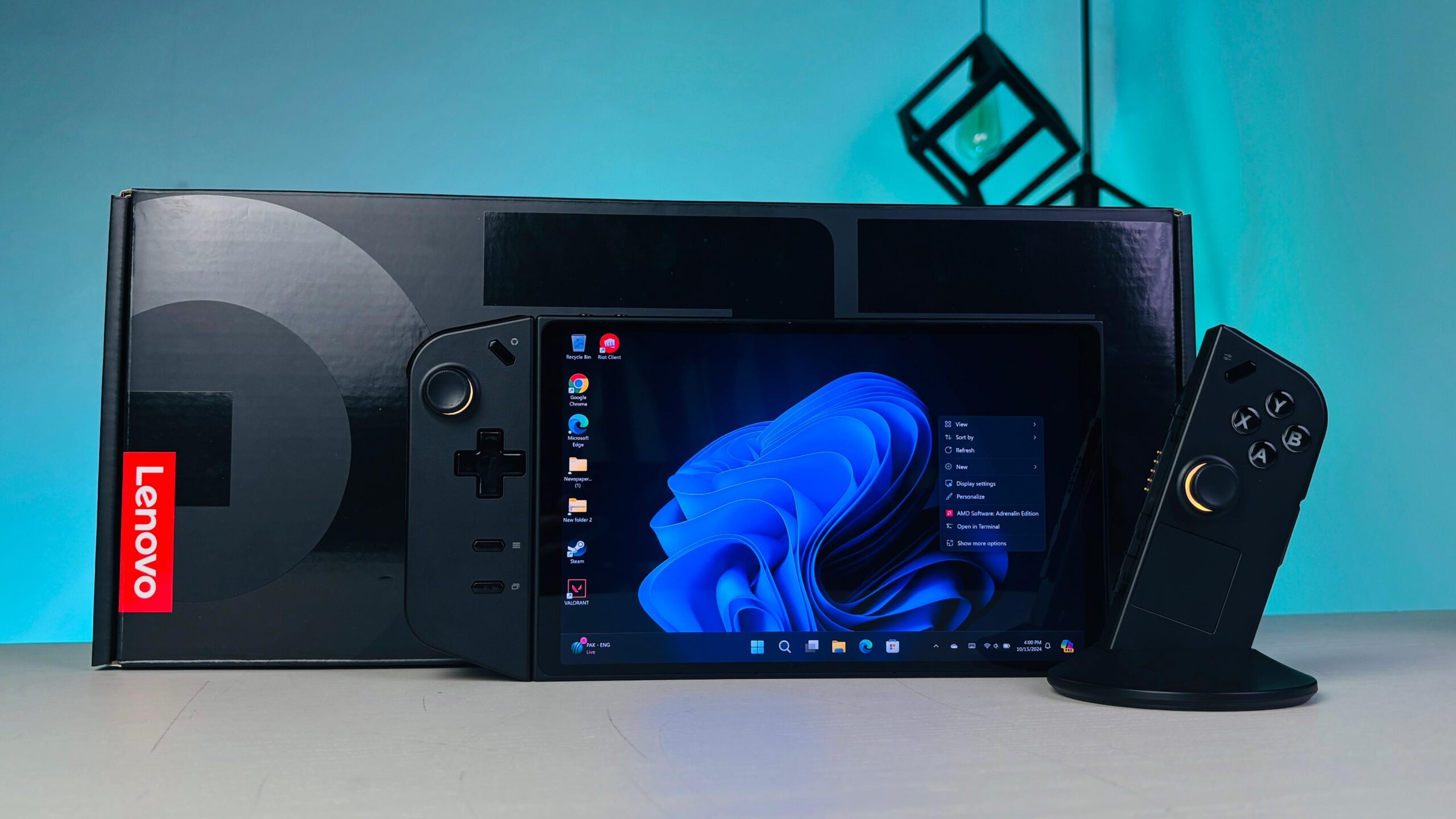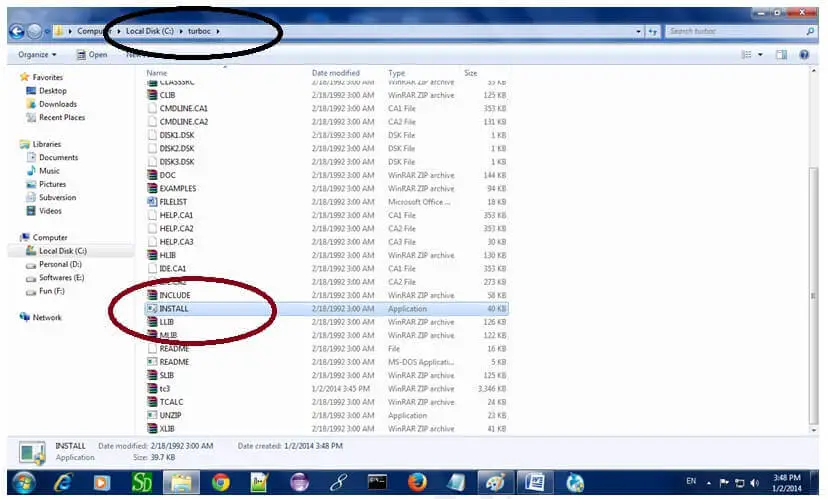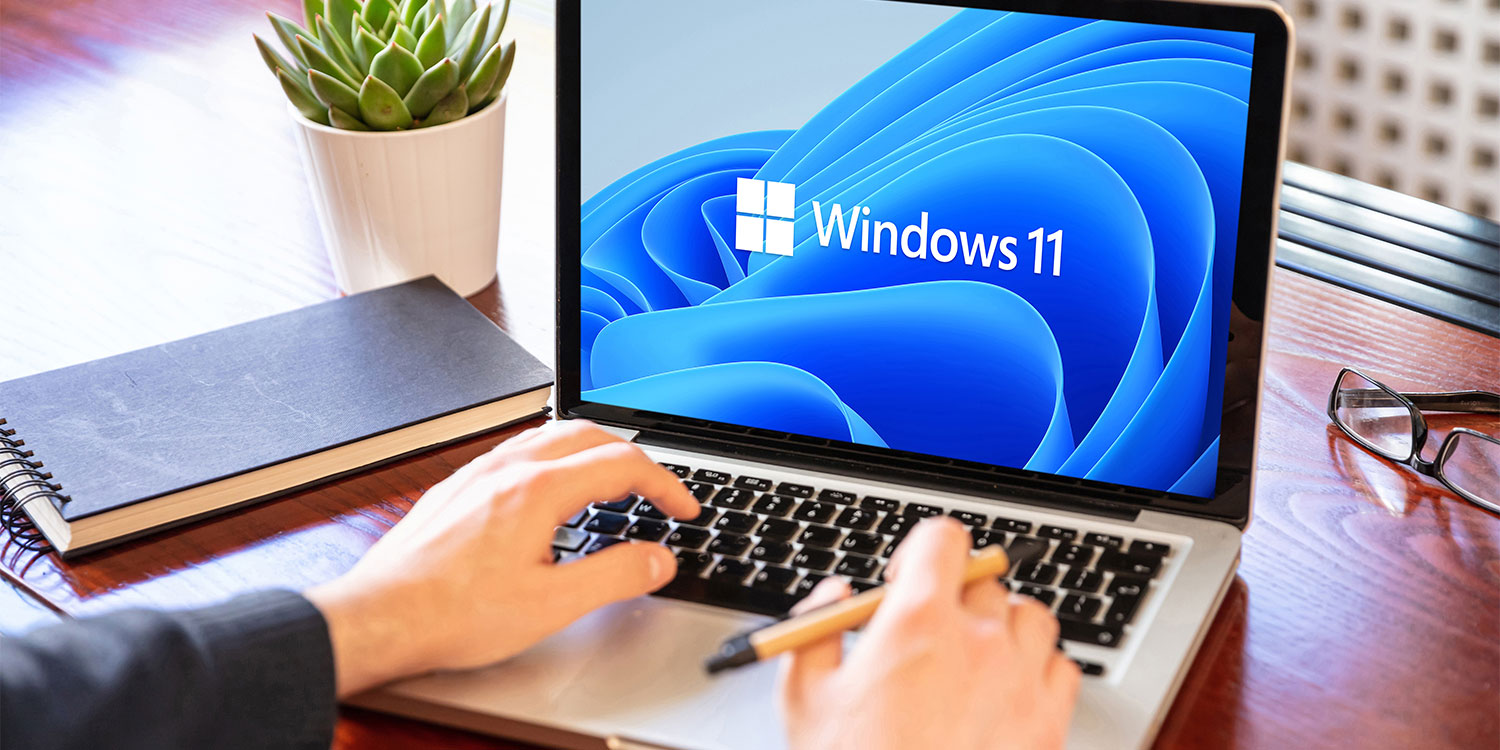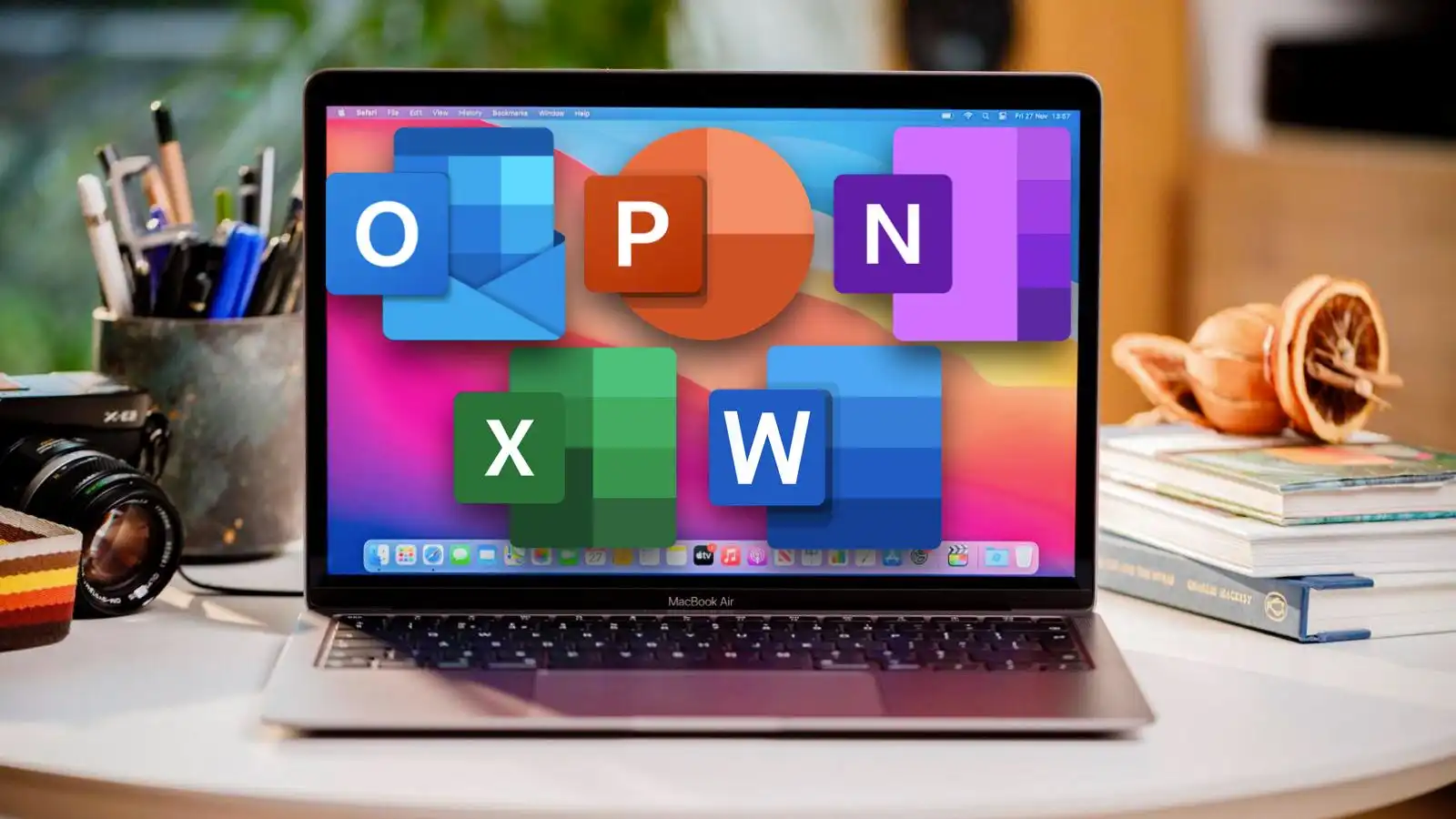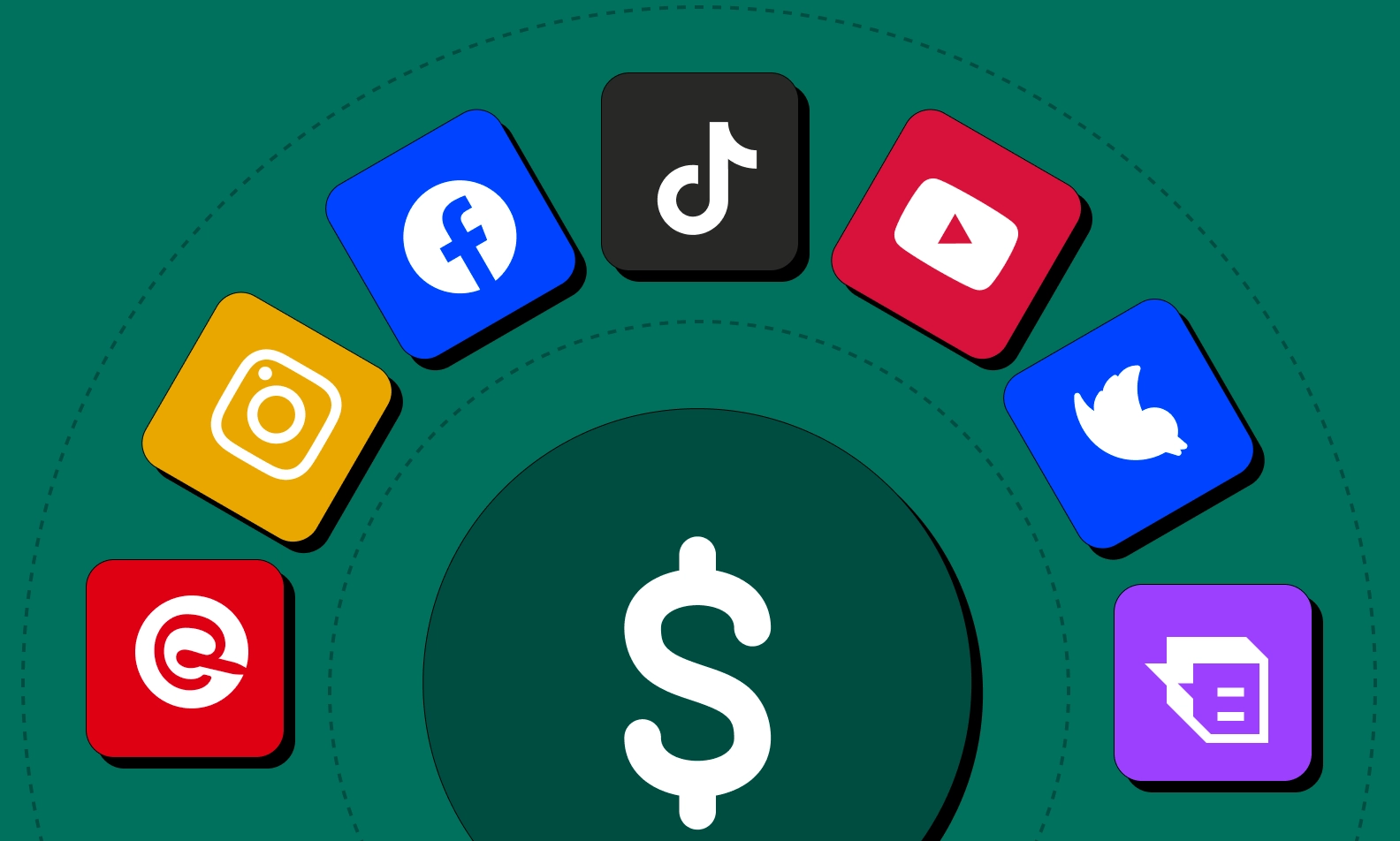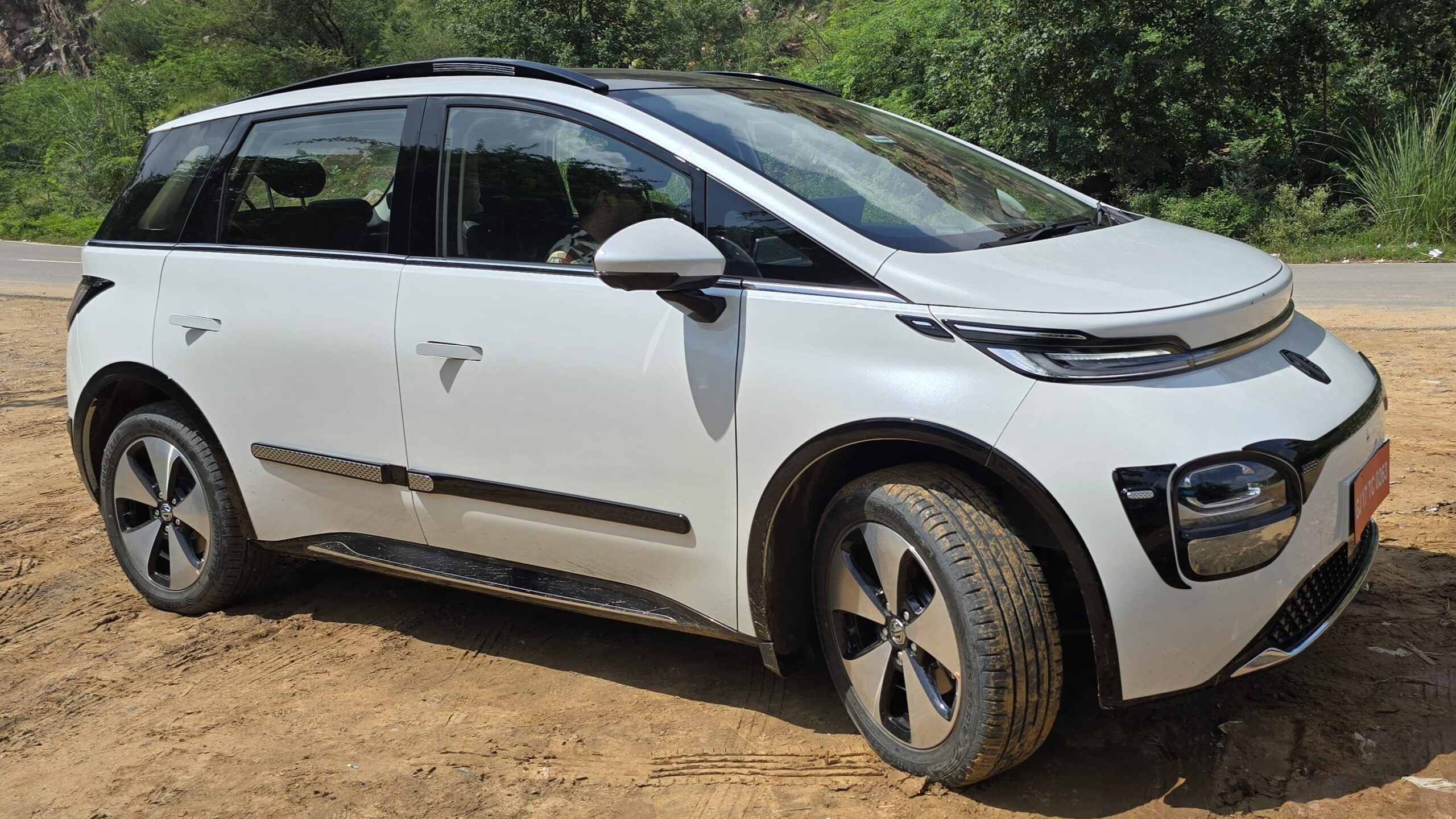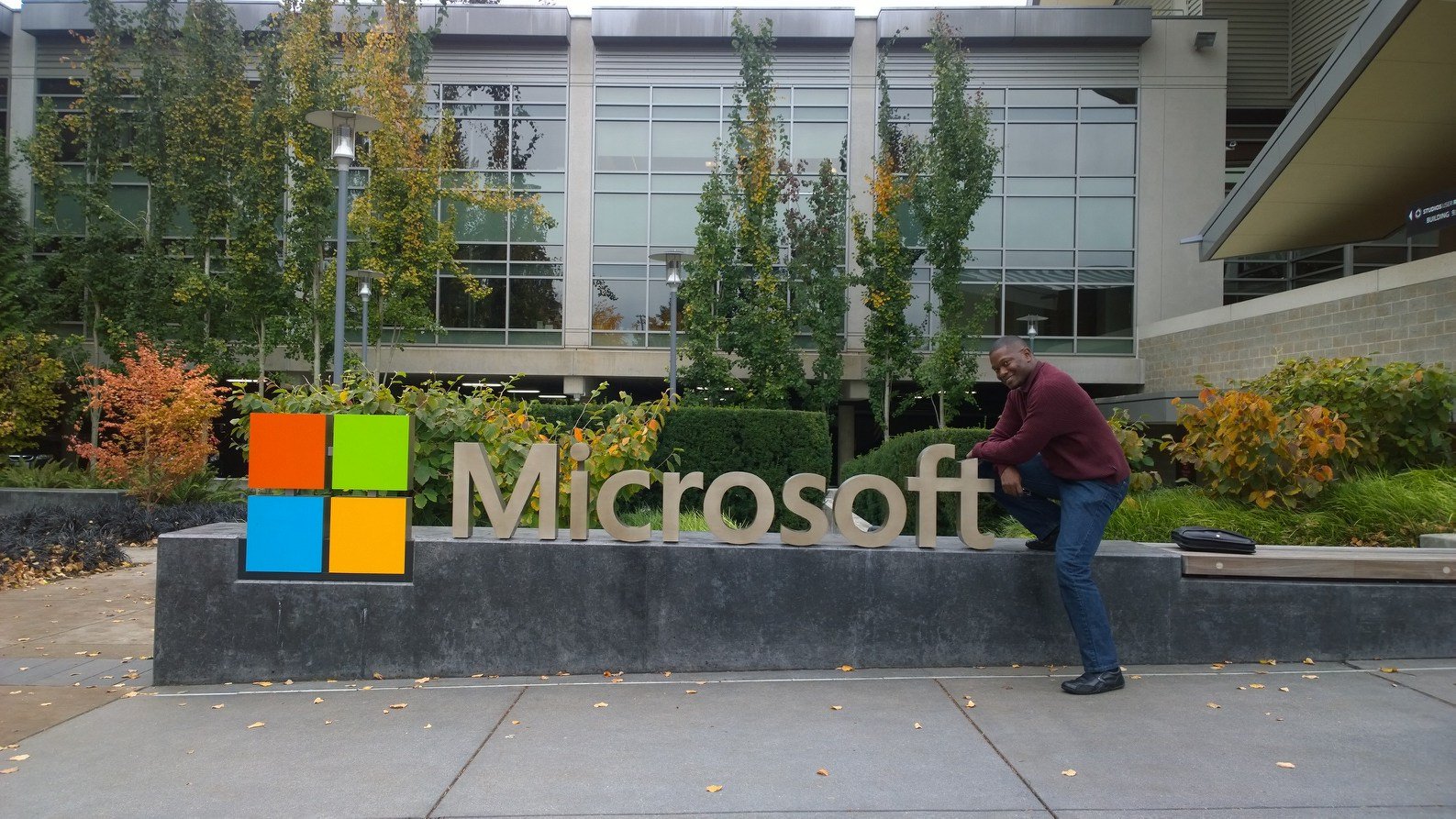Automobile News
Did the Hyundai Creta Just Become India’s Best-Selling Car? The Numbers...
Hyundai Creta reportedly tops India's car sales chart in March 2025! Find out the sales figures and what made this SUV the new champion.
Skoda Elroq RS: Did They Just Reveal the Ultimate Electric SUV...
Skoda Elroq RS debuts globally with an impressive 84 kWh battery! Discover the potential range and performance of this exciting new electric SUV. Will it conquer range anxiety?
Still Ruling the Roads? Why Does India Buy Over 500 Maruti...
Maruti WagonR remains India's top-selling car in FY25, selling over 500 units daily! Discover why this practical hatchback continues to dominate the market.
Gaming News
Roll the dice right: Top 5 mistakes to avoid on Zupee
As online gaming continues to gain popularity in India, platforms like Zupee have emerged as leaders in the skill-based gaming arena. With its diverse...
How to Improve Your Aim and Accuracy in Warzone 3: Expert...
Mastering your aim in Warzone 3 can be a game-changer, taking your performance from average to elite. The key to improving your accuracy lies...
Leveling the Playing Field: Audio Accessibility Features Every Game Needs
In today’s world, video games aren’t just entertainment—they’re an art form, a social outlet, and a bridge that connects people of all abilities and...
How To's
How to Transfer WhatsApp Messages from Android to iPhone: A Step-by-Step...
Learn how to transfer WhatsApp messages from Android to iPhone with this step-by-step guide. Move chats, media, and more seamlessly in minutes!
How to Connect AirPods to a Laptop Windows 7
Learn how to connect AirPods to a Windows 7 laptop effortlessly. Follow simple steps to pair your AirPods and enjoy seamless wireless audio.
How to Install a C Program on Your Laptop
Installing a C program on your laptop is the first step toward diving into programming with C. Whether you're a beginner learning to code...
Editorials
How Online Skill-Based Gaming Fosters Healthy Competition and Teamwork
The digital gaming revolution has transformed traditional pastimes into dynamic arenas for skill development and social interaction. Among these innovations, skill-based gaming platforms have...
How Cloud and Android Integration is Setting New Standards in Education...
Imagine a 13-year-old in a remote location, starting his day by logging on to a budget-friendly Android laptop provided by his school, where his...
The Need for Set-Top Boxes in India’s Smart TV Revolution
The rise of technology and internet connectivity, driven by increased purchasing power, has made entertainment more accessible, ensuring that most Indian households have at...



































